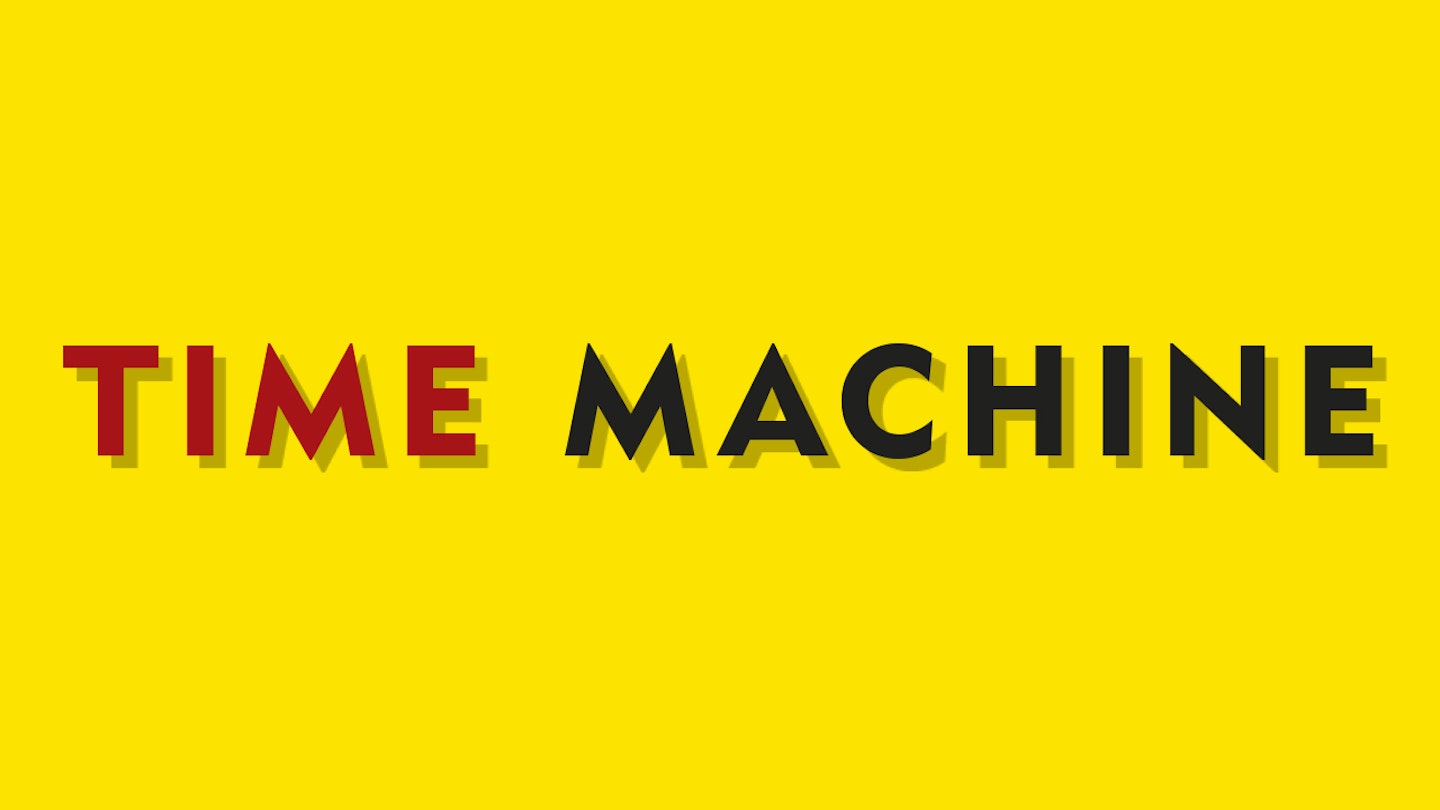19 September, 1992
Richard West didn’t boast about his prowess as an egghead at school. “My attendance record was non-existent” he explained. “There should really be a better education system and I’m the living proof”.
But in 1992 many envied what he had achieved. For, in the guise of Mr C, songwriter and rapper with The Shamen, he was the main focus of Ebeneezer Goode. With a super-vibey video starring magician/ comic Jerry Sadowitz as the titular Ebeneezer, this ultra-controversial single topped the UK charts on 19 September and stayed there for four weeks.
“It was a crazy time for me as an individual” Mr C now recalls. “All of a sudden I was this famous pop star. Being pointed out in the street and people coming up for autographs – quite bizarre!”
All seemed well at first. Then the Sunday Telegraph recalled that The Shamen had long advocated the use of certain chemicals.
“The Sun did a big campaign too,” says Mr C “The Press decided to poo us – we became the Evil House Music Band.”
All of a sudden, The Shamen seemed nothing less than salesmen for Ecstacy. There were lots of E’s in Ebeneezer. And that chorus proclaimed, “E’s are good, E’s are good” How could Radio One place the single on their priority A-list? Especially when the station was operating a campaign that boasted the name Drug Alert ’92. Suddenly the cry went up that The Shamen were the latest in the long line of pop dignitaries dedicated to corrupting Britain’s youth.
"We never intended the track to be an advert for Ecstasy."
Colin Angus
Shamen frontman Colin Angus stepped forward to stem the tide of indignation that was sweeping the media. “We never intended the track to be an advert for Ecstasy,” he proclaimed. “It makes me really angry that people have taken that attitude about the song. The song is about this shady character, based on a lot of music business people, who is the life and soul of the party. People who think the song is about Ecstasy have got the wrong end of the stick.”
Mr C’s use of mockney rhyming slang, such as ‘salmon’ (cigarettes) and ‘veras’ (cigarette papers) also warranted investigation. “When it came to Top of The Pops, I started joking around, so when it got to saying, ‘Have you got any salmon?’ I decided to say ‘Have you got any underlay?’ After the performance, everyone was on my case, the record label, the BBC – they all wanted to know ‘what’s this underlay then?’. I had to explain it was just something that went under carpets – it was a rug reference.”
As each week passed and the single continued to cling to pole position in the chart, media brouhaha was maintained. The Shamen’s connection with worthy causes – during that September, they contributed to anti-racist compilation Never Again – gained little attention.
It was a period when dance music was being viewed with great suspicion, but as Mr C observes, “The band had been very psychedelic and rebellious even before I joined as a full member in May 1991. One song, Adam Strange, was going to be used on a beer ad and that caused controversy. But The Shamen were always involved in causes they believed in, doing things for charity. The information we provided in our songs was always positive – about human development, human evolution, doing the right things.””
Jarvis Cocker called it "despicable"
The wave of criticism continued to mount, even Jarvis Cocker weighing in with the belief that Ebeneezer Goode was “despicable.” “We had that from Status Quo too,” says Mr C.
The furore failed to reduce The Shamen’s popularity however. On September 26, Boss Drum, the album from which the controversial track was culled, made its debut at No.3. An announcement that Ebeneezer Goode was to be withdrawn by One Little Indian ensured increased sales at a time they might be wavering. And so the four-week stay at the top was ensured, enabling Angus and West to move on and be acclaimed Songwriters Of The Year at the next Ivor Novello Awards shindig.
“That award was probably the highlight of my career,” says Mr C, “Colin Angus, my songwriting partner, is a genius who wrote a lot of songs that are very ambiguous, with double meanings. He’s amazing and improved my songwriting no end.”
Years later, long after his association with The Shamen ended and he’d created a new career as a house music DJ and club owner, Mr C was still found himself linked to this notorious chart topper. During 2007 he appeared in west London’s all-star charity panto, A Twisted Carol, alongside Keith and Lily Allen, Ray Winstone, Harry Enfield and others - cast as Ebeenezer Goode.
